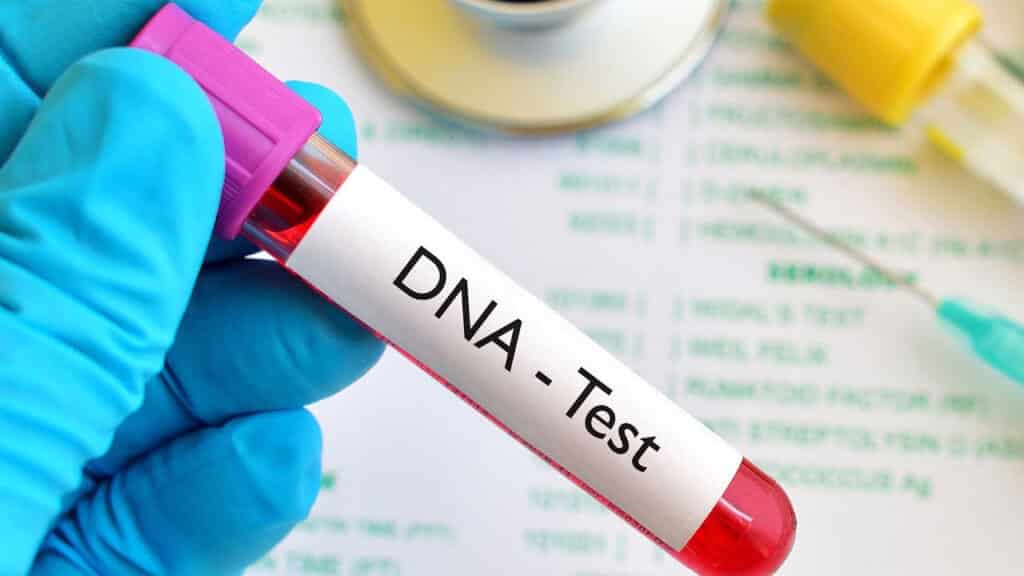Many conditions can be discovered through a blood test, but that’s not the be-all, end-all of medical testing. If you’ve got a genetic disorder, it can only be identified with a genetic test. In fact, genetic testing has a variety of useful purposes.
Genetic testing means looking at DNA to identify any changes in the sequence or chromosomes. A DNA sample can be taken from blood, skin, hair or even the amniotic fluid when testing a fetus before birth. When a baby is first born, a blood sample will be taken by pricking their heel. This can then be used to check for dozens of genetic conditions. A buccal smear takes cells from inside the cheek, which you may have seen on medical or crime TV shows.
There are a few reasons you may want a genetic test. Most obviously, it can diagnose a range of disorders. Early screening means earlier intervention and treatment, which can lead to better overall outcomes. That’s why babies have all these tests when they’re brand new. Some conditions, like Down syndrome, can be checked for while the baby is still in the womb.
Screening doesn’t just identify if you’re in the early stages of a genetic condition; it may also be able to predict if you’re at risk. Think of women having preventive mastectomies because they learn they have a breast cancer gene. It makes it easier to plan ahead.
Parents may want to screen before having a child because it’s not always one gene but the specific mix of genes from two people that triggers a condition in their offspring. And talking about inherited genes, another form of genetic test is the kind that checks if you’re actually related. This is most often a paternity test, but it can be used to identify any family member. That can be important for anything from deciding an inheritance to investigating a crime.
In addition to early screening, you may receive genetic testing if you start experiencing specific symptoms that can be associated with a genetic disorder. In some cases, knowing your genetic makeup can allow for a more targeted approach to treatment that works specifically for your genes.
Our genes are the basic building blocks that make us who we are. Understanding them is the key to so many different things.




